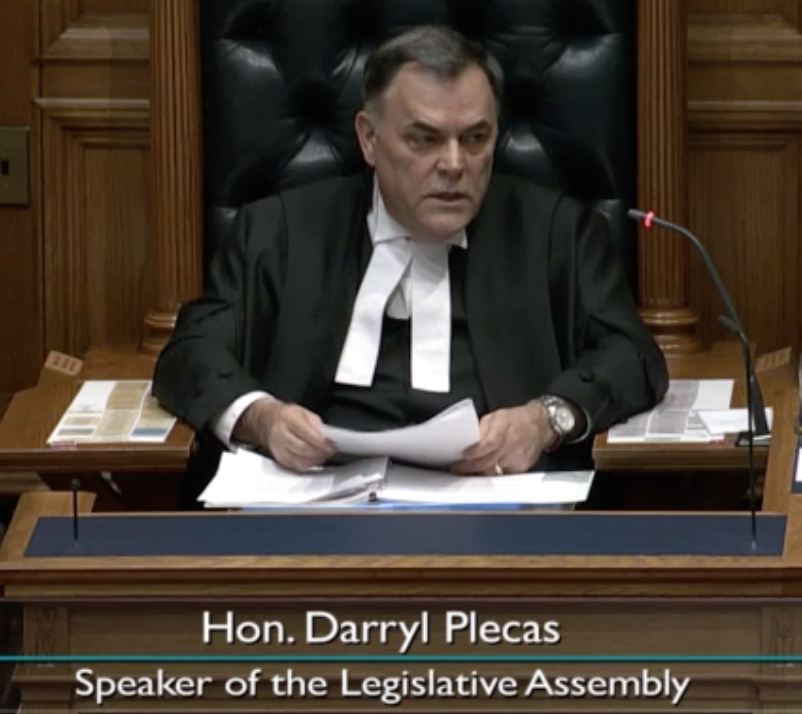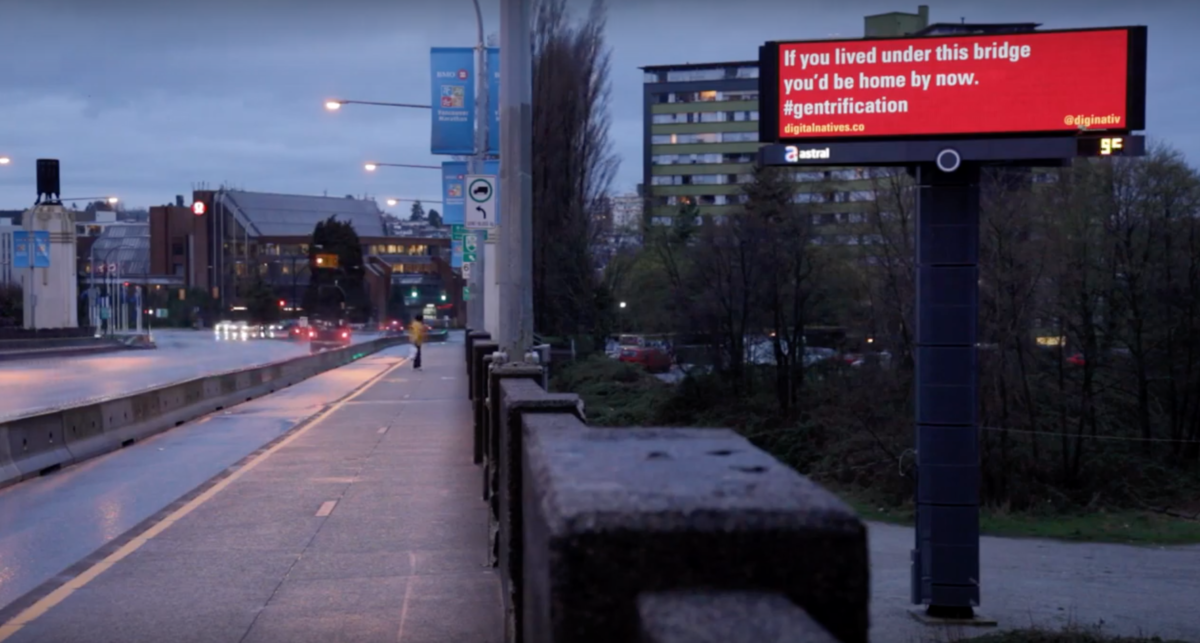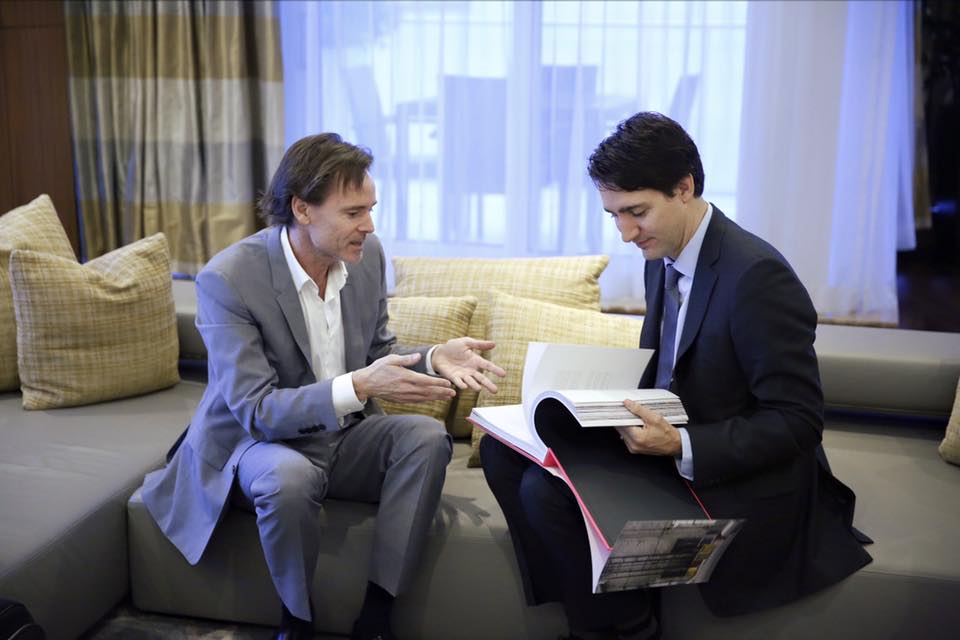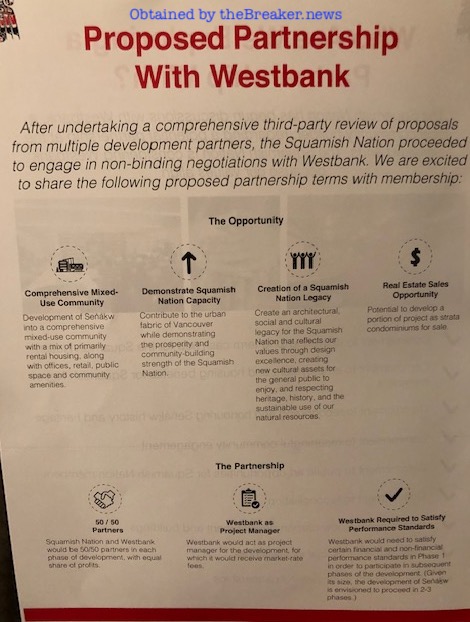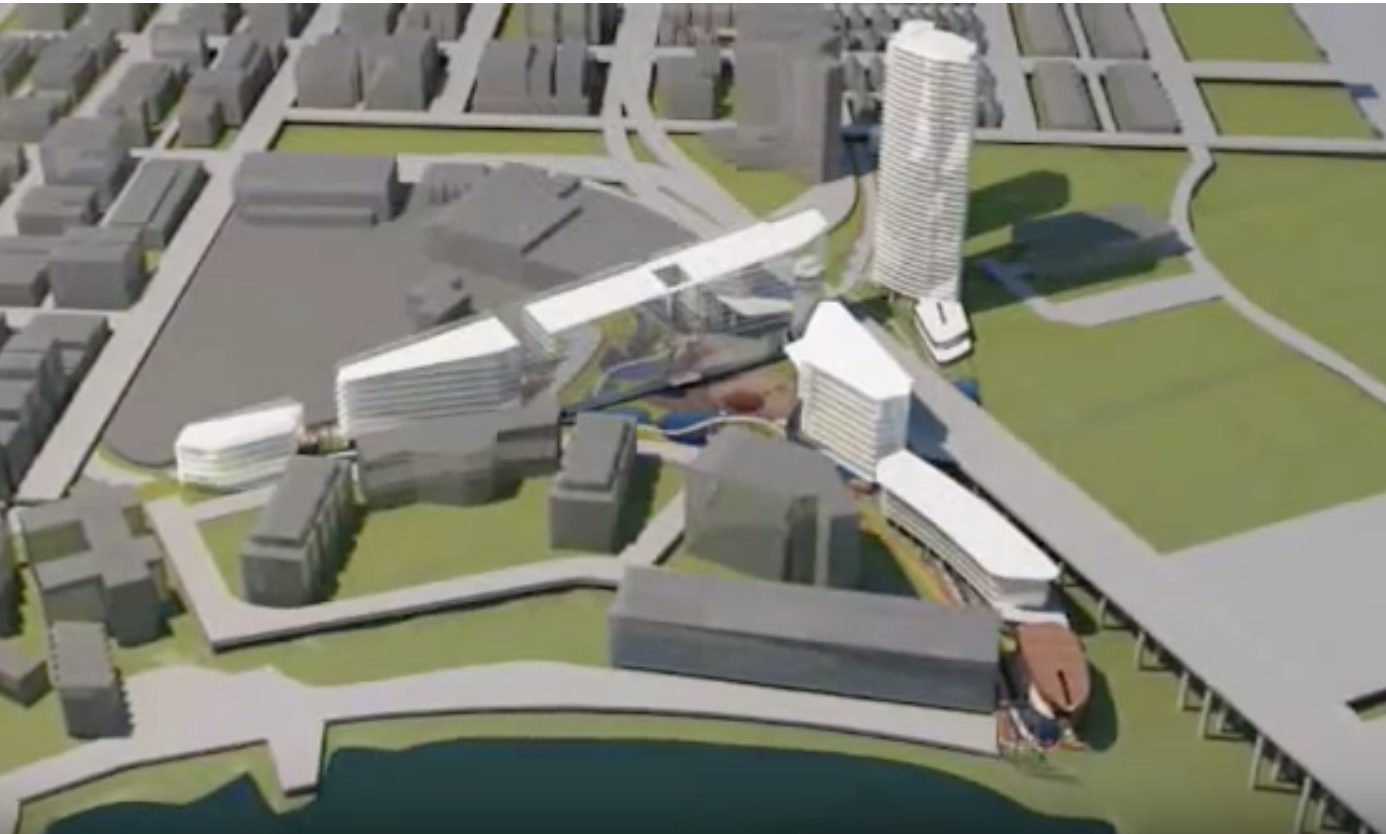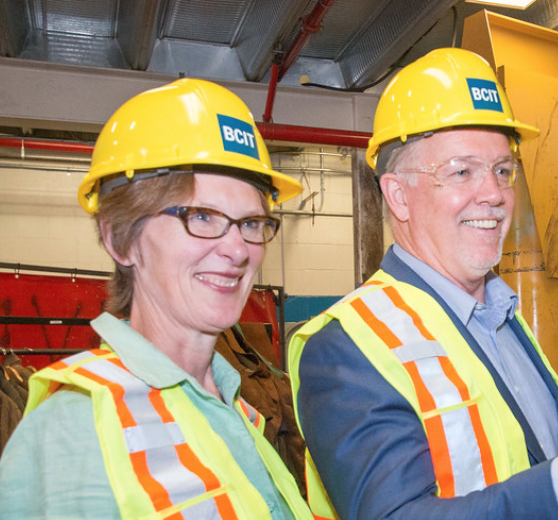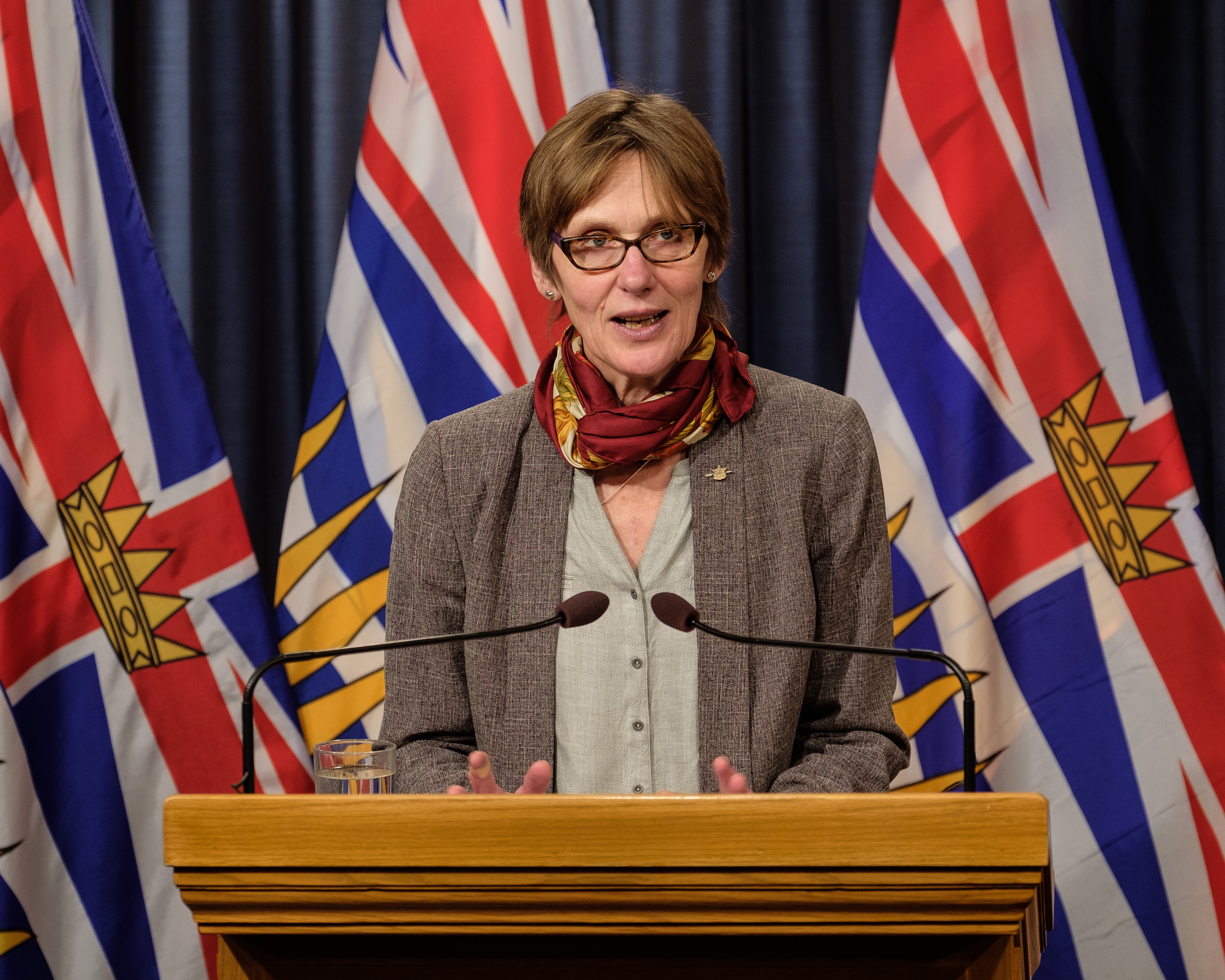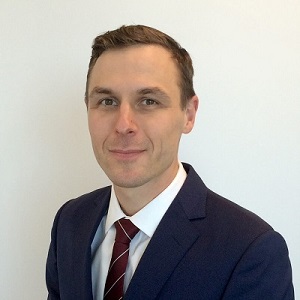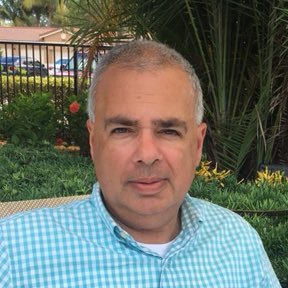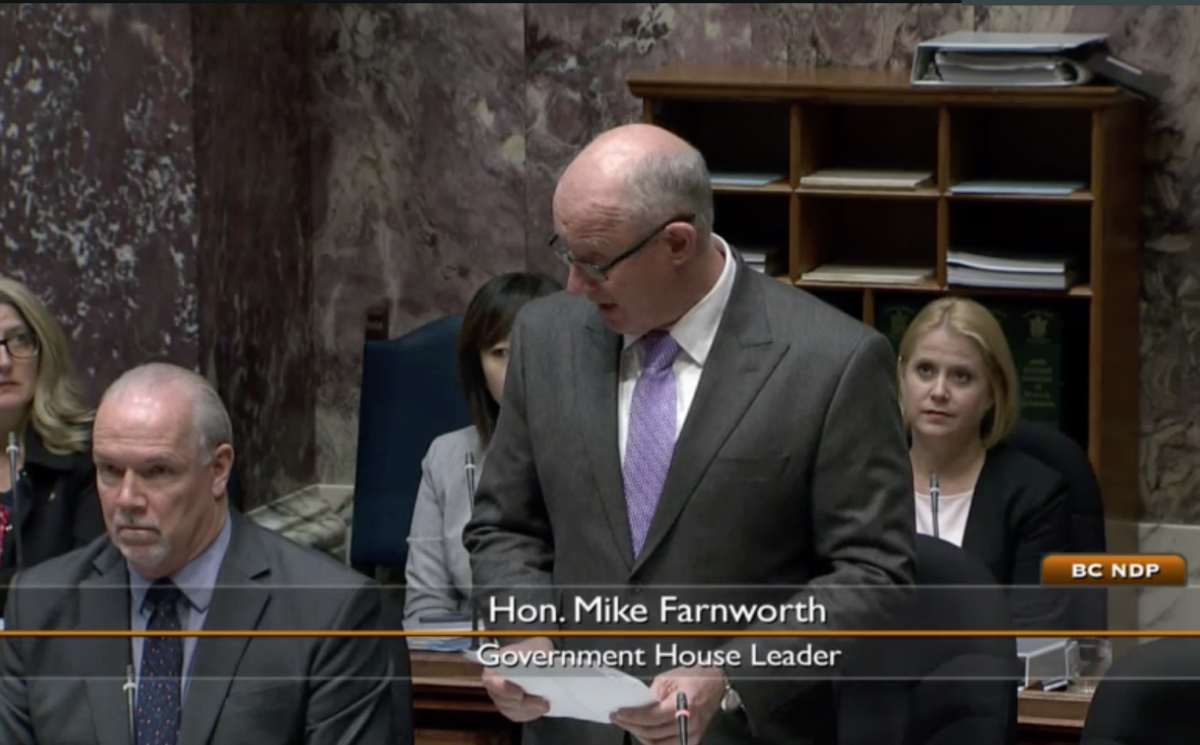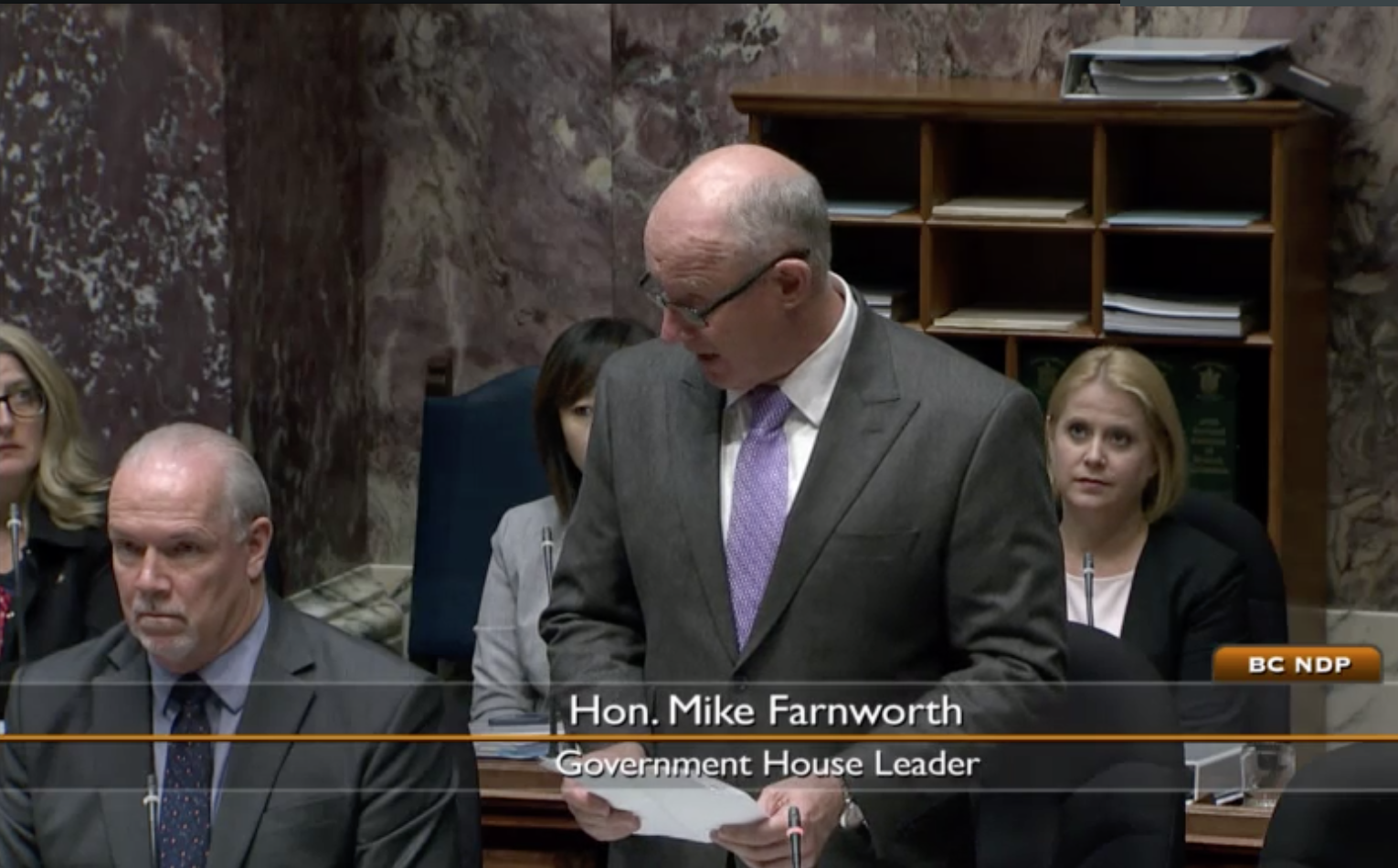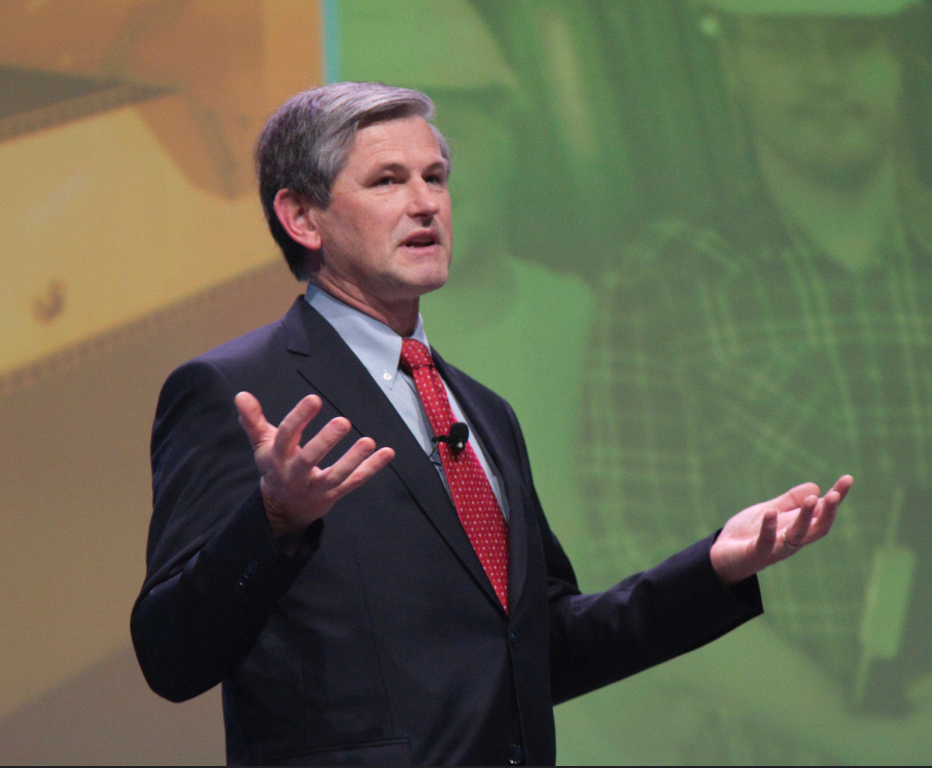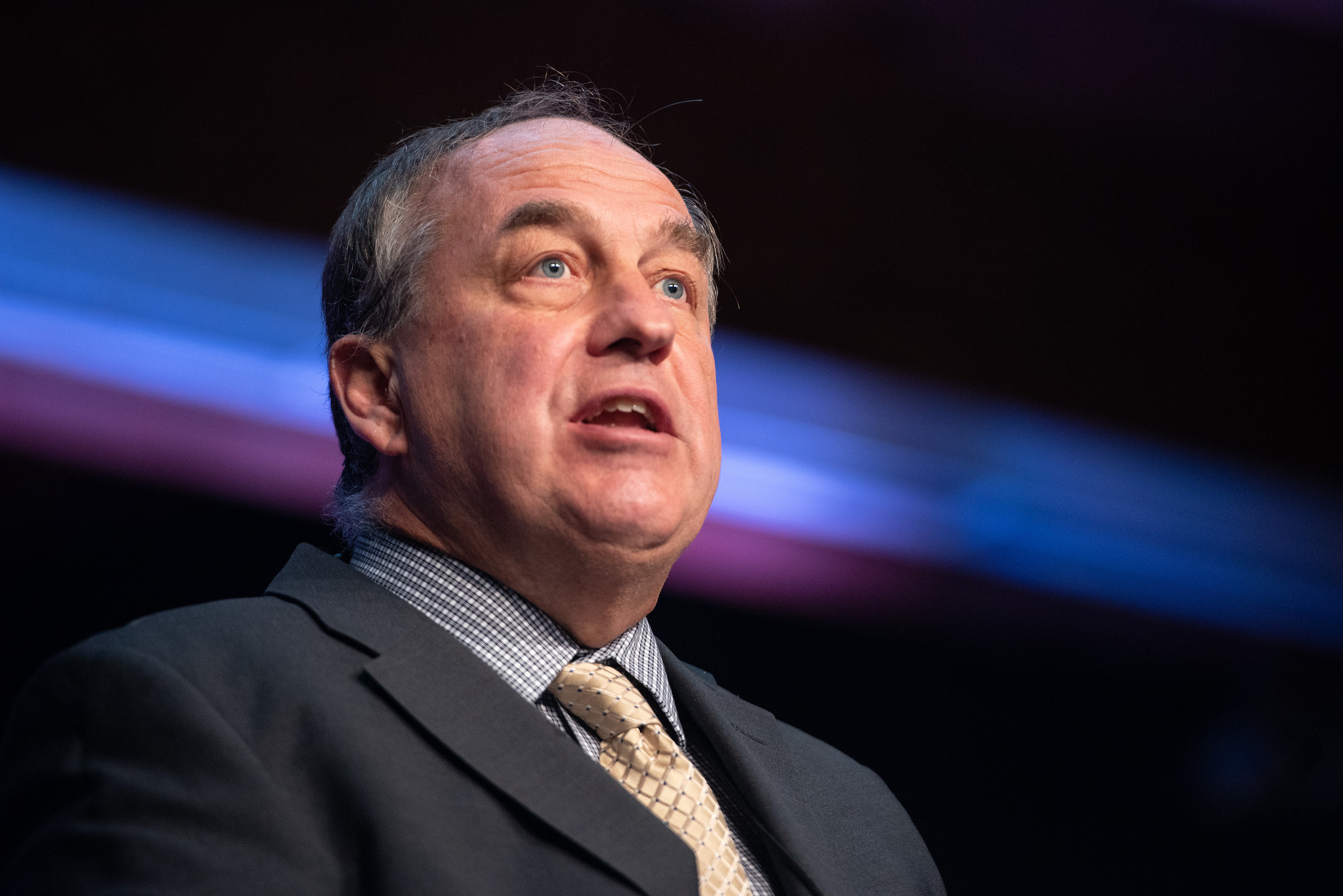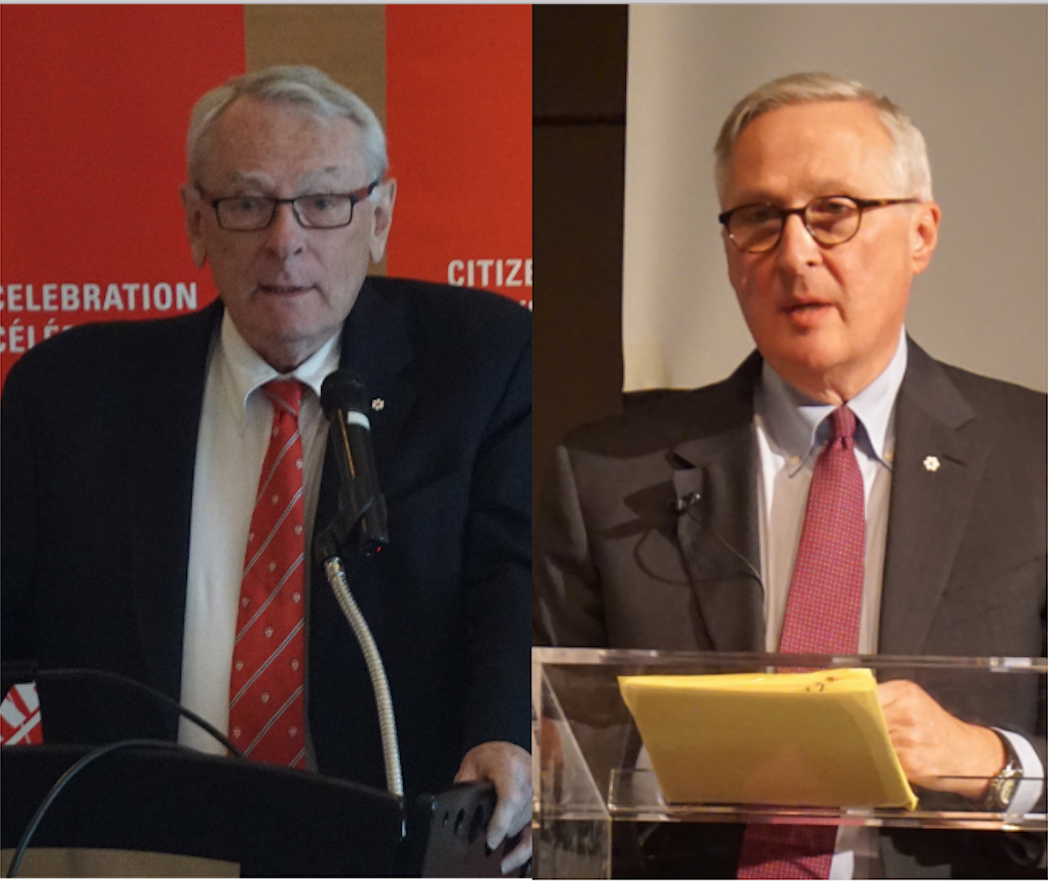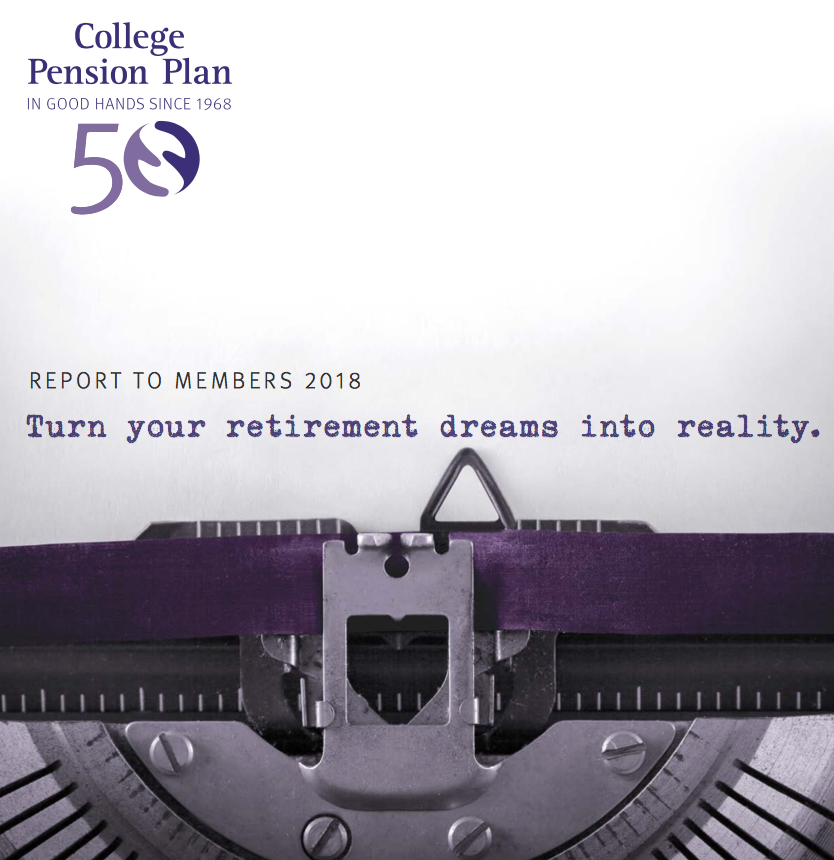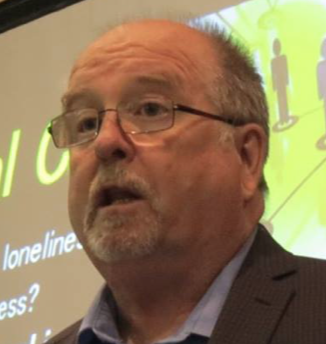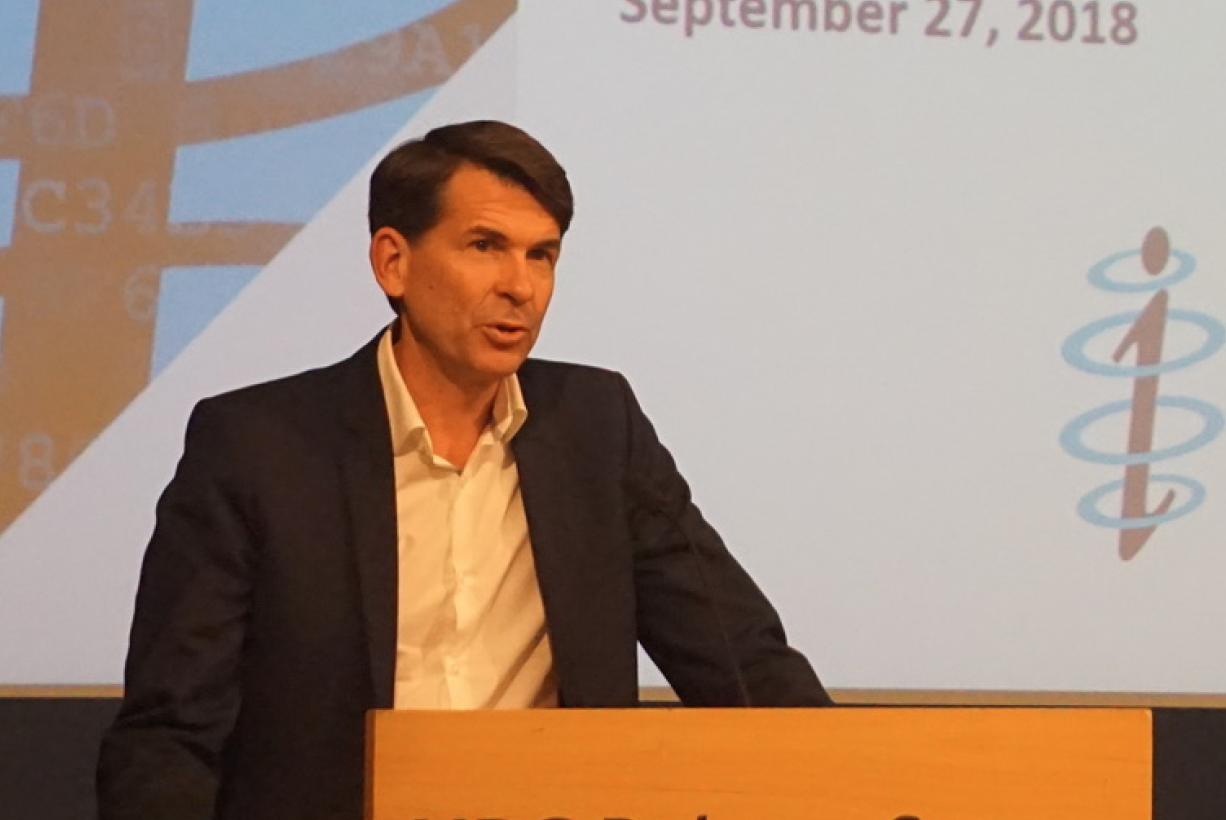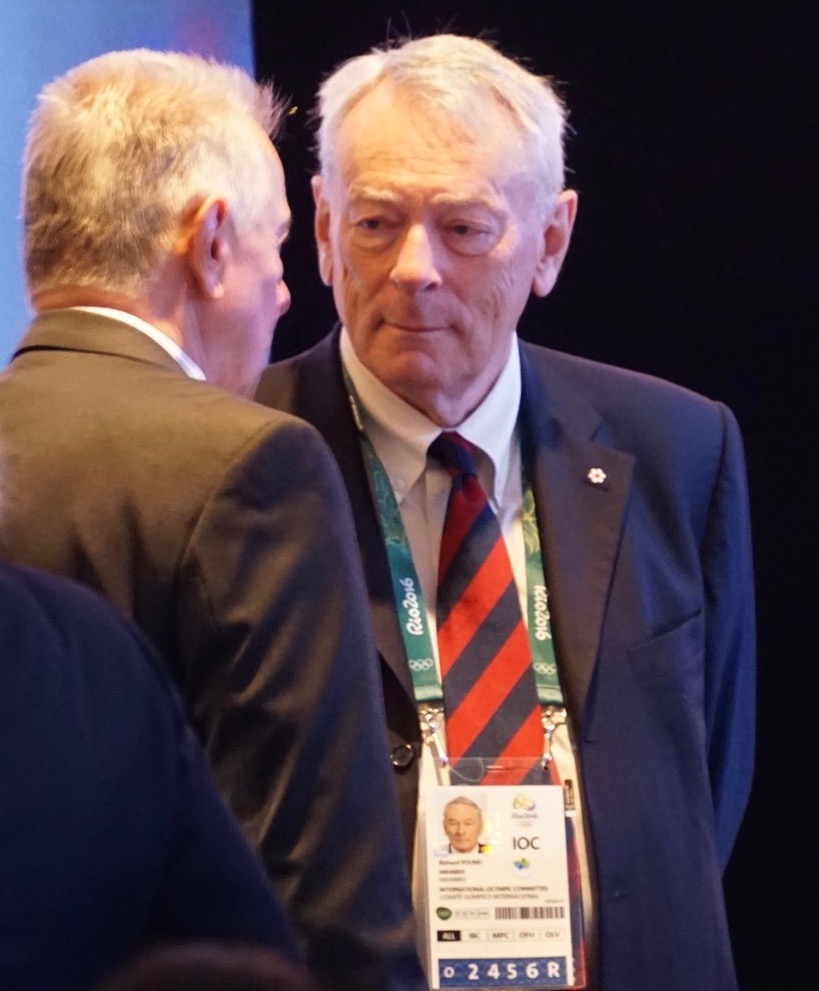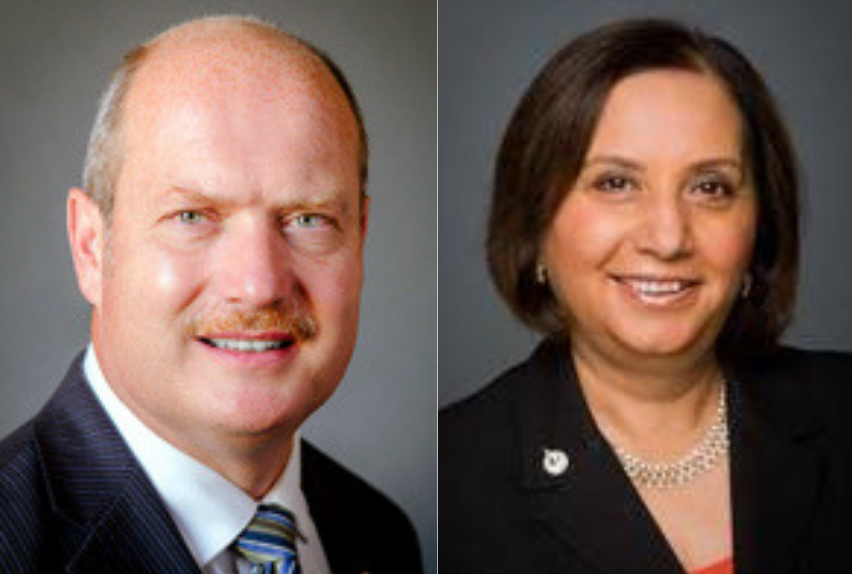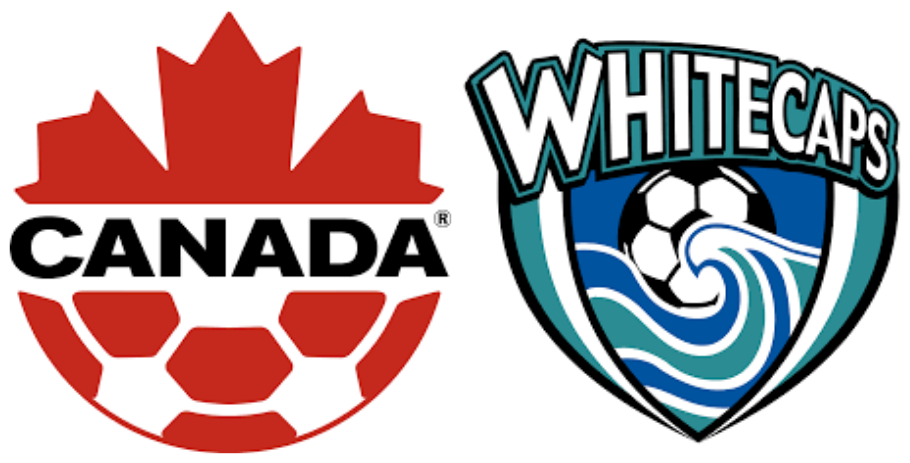Bob Mackin
Two days in April. Two famous Canadian Dicks in Vancouver.
First, Dick Pound. The Canadian who is the International Olympic Committee’s most-senior member. The 77-year-old told the Canadian Club Vancouver on April 1 that the IOC is grappling with perceptions that the Games cost too much and changes in social mores.
On gender identity issues, he said the IOC is facing legal challenges to be more inclusive and will evolve. “The expression has generally been the problem comes from people who are pale, male and stale trying to deal with an emerging issue.”
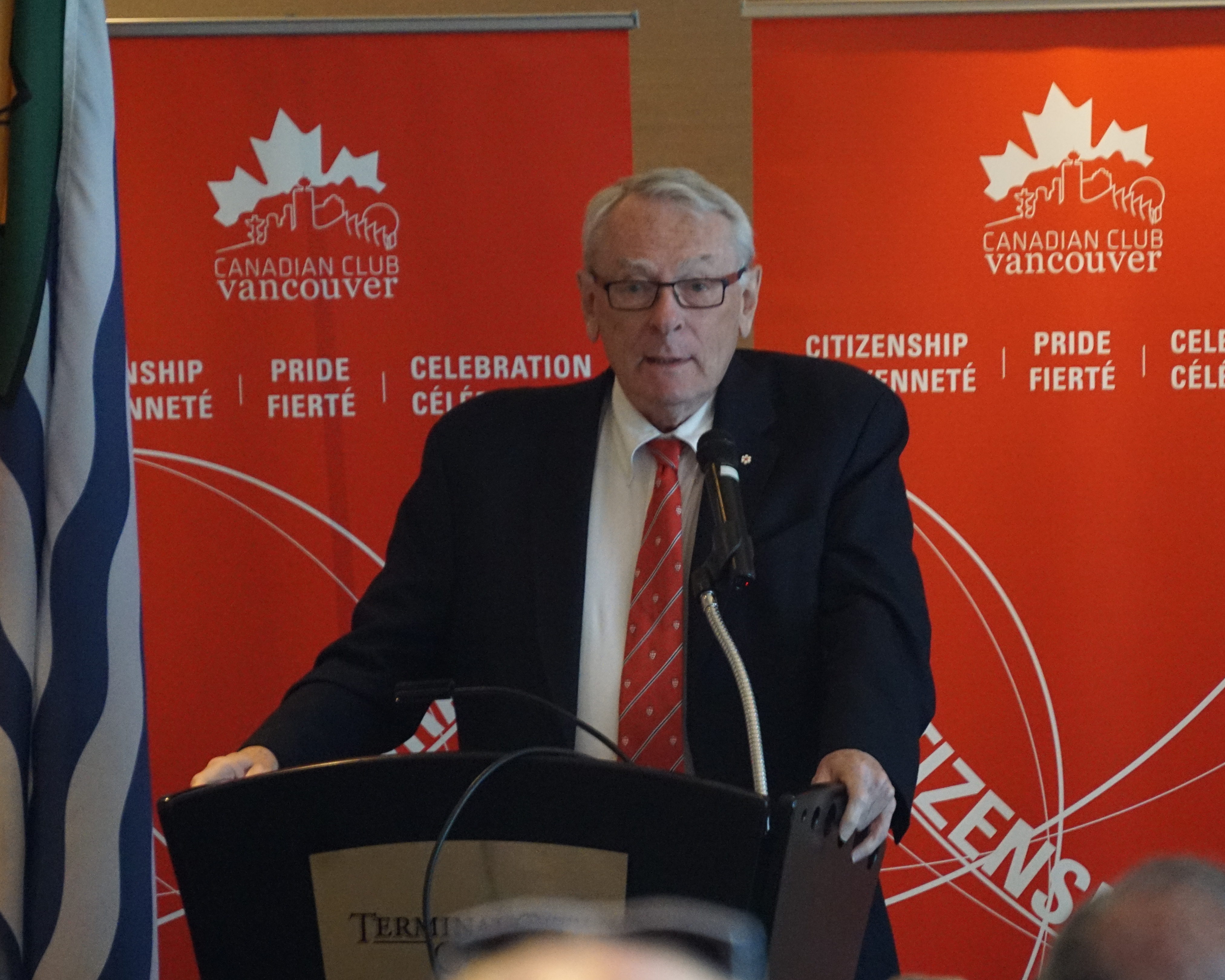
IOC member Dick Pound (Mackin)
On Vladimir Putin and the legacy of the Sochi 2014 Winter Olympics: “Whatever goodwill he had from the Games, which is potentially pretty good, he threw away when he invaded Crimea. Somehow that gets an Olympic rings label on Crimea.”
Montreal lawyer Pound said the IOC also has a challenge to spur a younger audience to both watch the Games and then play sport.
“I’m not quite sure what the answer to that is. It certainly is not the Youth Olympic Games, which in my respectful point of view, tend to be a very, very, very expensive summer or winter camp for some very nice kids. But they’re not going to move the dial on grassroots participation.”
Without naming video gaming, Pound said “what nobody seems to realize is there is a tsunami of diabetes approaching. Young, sedentary kids with bad diets. We’ve somehow got to get that brought to a level of attention that will result in some action.”
Pound, founder of the World Anti-Doping Agency, rejected the notion that the battle against performance enhancing substances has been a failure. He said letting athletes be free to dope would lead to an arms race mentality and, ultimately, athletes would take toxic or lethal doses in the pursuit of championships.
He said there will always be outliers, so the job is to persuade 99.9% of athletes that doping is wrong and dangerous and give those ethical athletes reasonable assurance that the bad guys will be caught. “Then you’ll have won the war on drugs,” he said.
Pound recounted the day in September 1988 when he learned Canadian sprinter Ben Johnson was caught doping at the Seoul Olympics, stripped of his 100 metre gold medal and world record and sent home.
Pound had been at diving, to watch American Greg Louganis, before lunch with the Coca-Cola board of directors. IOC president Juan Antonio Samaranch said to him “have you heard the news, have you heard the news?”
Asked Pound: “Someone died?”
Samaranch said: “It’s worse.”
Pound said that he came to terms with the scandal after a conversation with Johnson’s coach, Charlie Francis.
“[He] had a huge toothache, feeling miserable on both counts,” Pound said.
Francis asked him what the IOC thought Johnson was taking. He told him it was the steroid stanozolol, to which Francis replied: “I don’t want my guys on stanozolol on race day! It tightens them up, I want them loose!”
Pound told the lunch crowd at the Terminal City Club: “Hmm, the question may not be whether. It’s what.”
He said, based on the evidence, it was the right result.
A day later, it was Richard Fadden’s turn.
The director of the Canadian Security Intelligence Service from 2009 to 2013, who warned of foreign interference from China in 2010. He told an audience at Simon Fraser University downtown that China is an adversary that poses a major threat to Canada.
“That’s the one big issue with China, they want to benefit from the rule of law, they want to benefit from all our procedural protections here, but if any of you do business in China, it’s a crapshoot,” Fadden said at an event hosted by the Canadian International Council. “It can go perfectly well, but in the absence of the rule of law and contract law, you’re never assured how things are going to turn out.”
Fadden said China is a great civilization that has helped improve the standard of living for its citizens, but “I’m not sure we want to sign over the UN, World Bank and IMF, and a whole bunch of other institutions which the west constructed, to the Chinese model.”
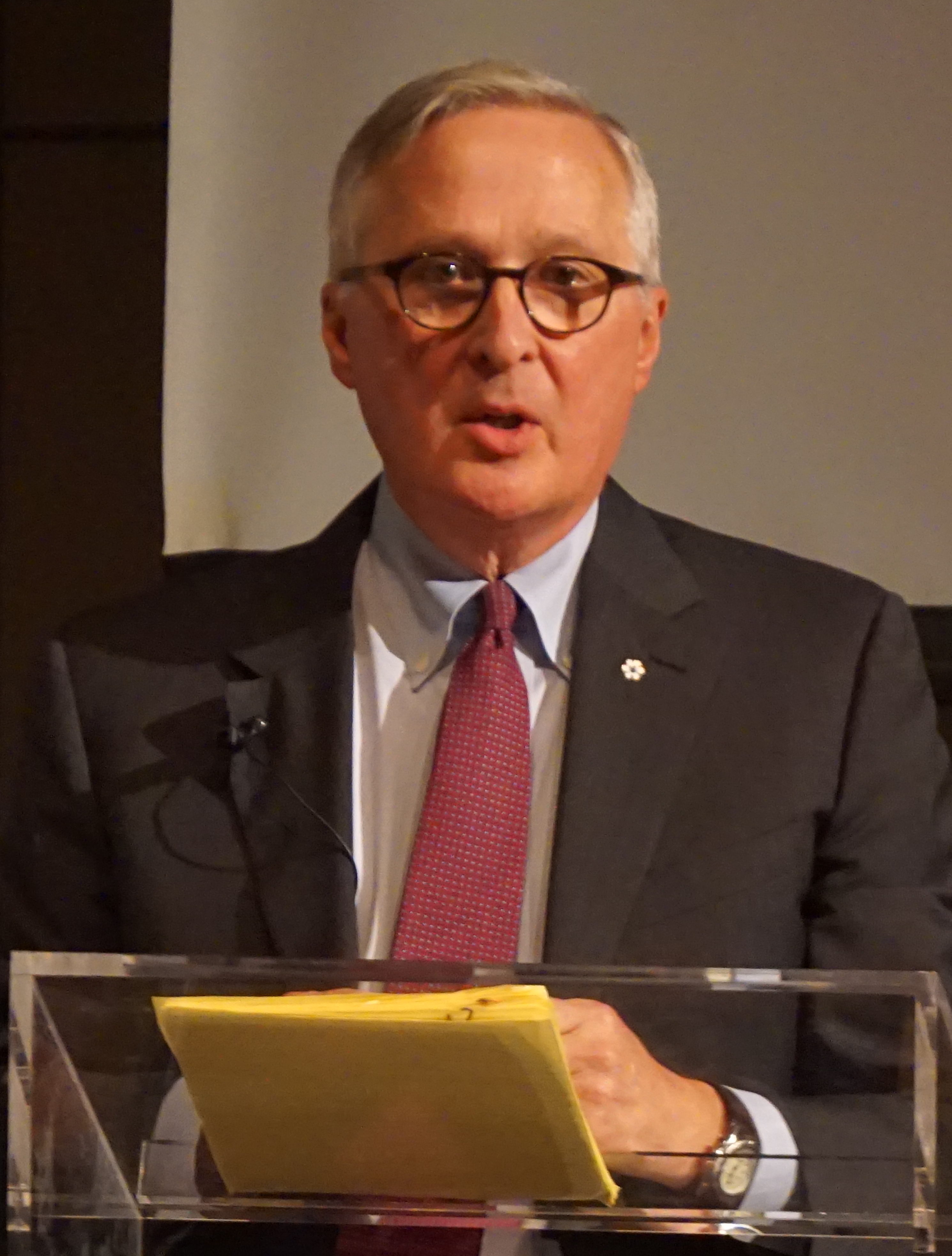
Former CSIS director Richard Fadden (Mackin)
China, he said, is a country without the rule of law and without human rights that is trying to export its values to the west.
“If they want to run their country that way, my view is hunky dory, but they should not be telling us in the west how we’re going to run our part of the planet,” Fadden said.
Canadians should not be lulled into a sense of security because the country is surrounded by three oceans and the United States. He said foreign propaganda is especially worrisome, via social media.
“It is massive, it contributes to fake news, it weakens our resolve in our institutions and it is going on all the time. Cyber propaganda I’d argue in the long term can do as much harm to our civilization our society as something that’s rather more kinetic.”
China has risen as a world power while the U.S. has declined, but it is not the fault of the Donald Trump administration. Fadden said it would have happened anyway had Barack Obama been, hypothetically, allowed to remain in the White House.
“China is going to continue its rise and in some respects and ways that is going to harm the west.”
Fadden pointed to intellectual property theft, the South China Sea territorial dispute with Philippines and Vietnam, and the trade imbalance.
“Most Canadian corporations have a limited amount of financial resources, in the case of many Chinese companies they can draw on the full resources of the Chinese state, which means we do not have an even playing field.”
On the most-urgent national security and trade question facing Ottawa, Fadden said it is not in Canada’s interest to let Huawei Technologies build the country’s 5G network.
“It’s almost beyond rational debate that any Chinese company will respond to request from China to spy on other countries. If we allow them in, we will never get them out, they’re already too far in, in my view.”
Should Canada choose to snub Huawei, there will be consequences. China could deny Canada preferred tourist destination status or cut back on university students it allows to travel and study in Canada. He said Canada is already facing what amounts to a boycott of its canola by China as retaliation for arresting Huawei chief financial officer Meng Wanzhou on behalf of the United States last year. Meng awaits an extradition hearing to face fraud charges in New York.
“We think the best of everybody else until something obvious happens,” Fadden said.
Meanwhile, Fadden said Canada is increasingly alone in the “leaderless west,” while the United Kingdom debates Brexit, Germany prepares for a post-Angela Merkel government, the U.S. further retrenches and Japan and Australia are geographically isolated.
Support theBreaker.news for as low as $2 a month on Patreon. Find out how. Click here.
Bob Mackin
Two days in April. Two famous







